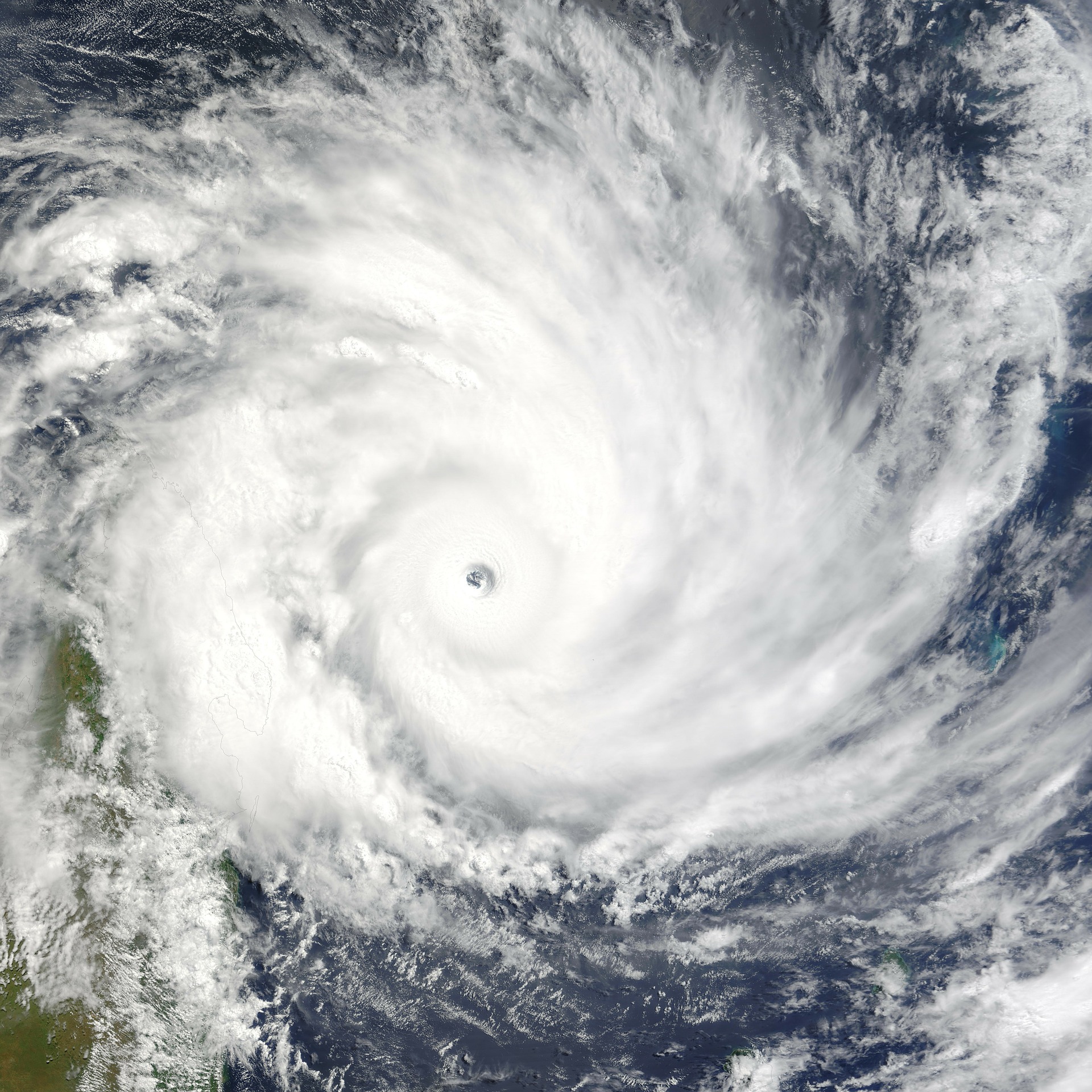Hurricane Season: Preparation Is Key
go.ncsu.edu/readext?709694
en Español / em Português
El inglés es el idioma de control de esta página. En la medida en que haya algún conflicto entre la traducción al inglés y la traducción, el inglés prevalece.
Al hacer clic en el enlace de traducción se activa un servicio de traducción gratuito para convertir la página al español. Al igual que con cualquier traducción por Internet, la conversión no es sensible al contexto y puede que no traduzca el texto en su significado original. NC State Extension no garantiza la exactitud del texto traducido. Por favor, tenga en cuenta que algunas aplicaciones y/o servicios pueden no funcionar como se espera cuando se traducen.
Português
Inglês é o idioma de controle desta página. Na medida que haja algum conflito entre o texto original em Inglês e a tradução, o Inglês prevalece.
Ao clicar no link de tradução, um serviço gratuito de tradução será ativado para converter a página para o Português. Como em qualquer tradução pela internet, a conversão não é sensivel ao contexto e pode não ocorrer a tradução para o significado orginal. O serviço de Extensão da Carolina do Norte (NC State Extension) não garante a exatidão do texto traduzido. Por favor, observe que algumas funções ou serviços podem não funcionar como esperado após a tradução.
English
English is the controlling language of this page. To the extent there is any conflict between the English text and the translation, English controls.
Clicking on the translation link activates a free translation service to convert the page to Spanish. As with any Internet translation, the conversion is not context-sensitive and may not translate the text to its original meaning. NC State Extension does not guarantee the accuracy of the translated text. Please note that some applications and/or services may not function as expected when translated.
Collapse ▲This is the first installment in a series on severe weather by Alamance County Extension Master Food Volunteer, Nancy Oliver.
Hurricane season has begun! With that, Alamance County residents can expect sudden power outages and general inconvenience, but it does not mean you have to be unprepared. Duke Energy anticipates that the busiest time for hurricanes (and its probable power outages) for North Carolina this year will be in August and September. Hurricane season is June 1 through November 30.
Because of additional concerns brought about by the current pandemic, officials from the Centers for Disease Control and Prevention advise North Carolina residents to start preparations now for the busier part of our hurricane season. Red Cross officials are already planning to double the space needed for evacuated hurricane victims to allow for proper social distancing protocols. For example, a Brunswick County high school that traditionally holds 500 hurricane victims will now have to be redesigned to hold only 100 to 200 hurricane-displaced residents.
Good preparation is the key to defusing the stress of a situation where you find yourself without power for hours … or for days. You’ll find that a multi-pronged approach will serve you well and keep you from the frustration of finding that you are ill-prepared … too late.
The experts agree. Working from a plan will help you get through this temporary time with ease … and only a slight bit of discomfort!
Assess your needs and assemble your items
Duke Energy’s hurricane preparation tips are a good place to start. Here are a few:
- Review what you already have in your emergency kit. (Example: You should have at least one gallon of water per person/per pet for at least three days.) You can never have too many batteries or light sources, including flashlights. This year, you’ll also need to make sure you remember to include COVID-19 items, including masks, hand sanitizer, and soap.
- Get prescriptions filled before a storm’s approach.
- Get cash in case power outages prevent your ATM’s operation.
- Download an app through your emergency management agency, TV station, or another source that warns about severe weather.
- More information: Ready, Weather for a hurricane checklist and safety information.
The Food Safety specialists with NC State Extension also recommend that you review your coolers and thermometers, two necessary items to safe eating habits during a power outage. If you have a baby or small child, you might want to consider having a specific cooler just for breast milk and pureed foods. You could also even label your coolers earlier with what’s inside so that no one has to go in to rummage for something to eat.
To prepare for any power outages, Duke Energy also recommends setting aside these items:
- Nonperishable foods
- Manual can opener
- Disposable plates, utensils
- Five gallons of water per person (a gallon of water per person or pet per day)
- Non-electric clock
Check back in a few days for the next installment in our severe weather series: what to do when the power goes out.





